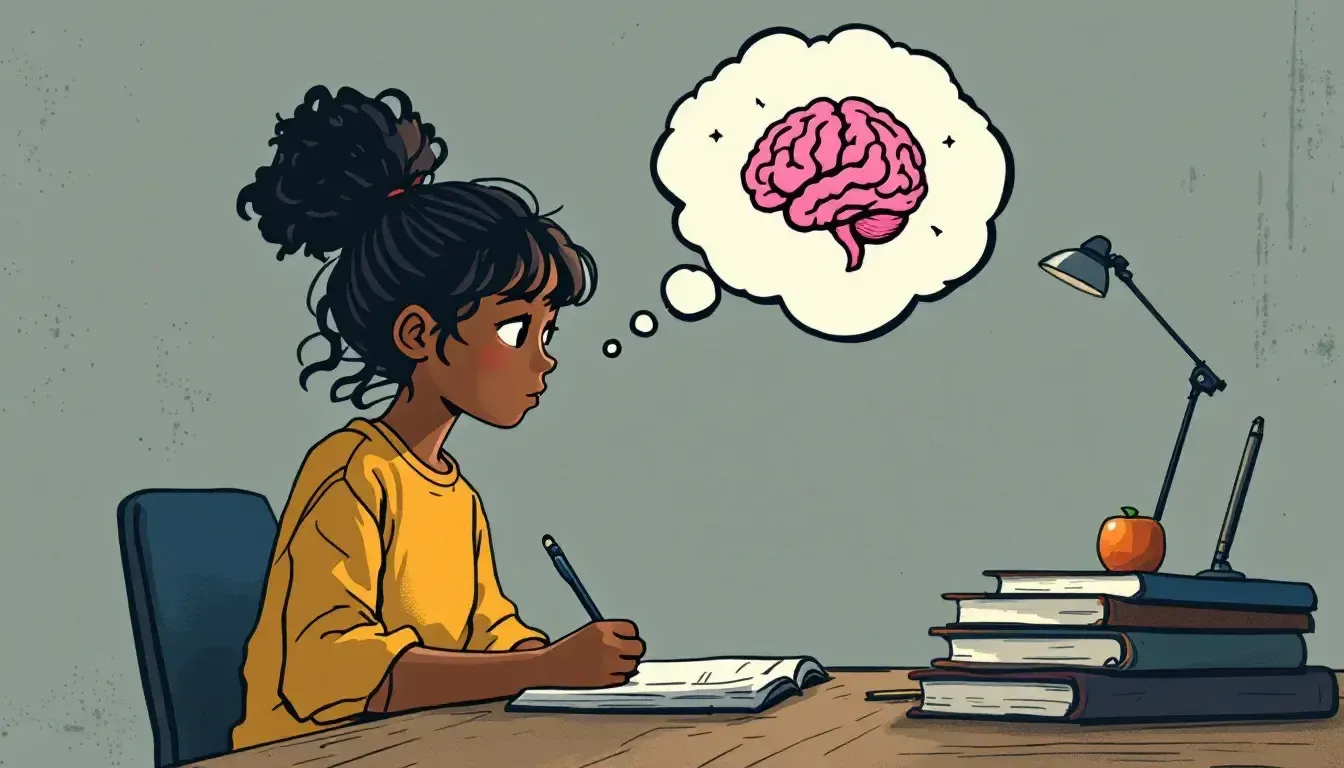When Harder Becomes Easier

Rea,
When you’re studying for a test, what seems like the best approach? Most people try to make learning as easy as possible. But what if the best way to learn isn’t actually the easiest way?
This might sound strange. After all, we usually think easier is better. It’s like choosing between two paths - why would anyone pick the bumpy one when there’s a smooth one?
In the 1990s, psychologist Robert Bjork at UCLA noticed something odd. The study methods that felt good during practice often didn’t lead to good test results. Bjork faced a choice: should he tell students to keep using comfortable methods that didn’t work well, or encourage them to try harder methods that might work better?
Bjork decided to investigate what he called “desirable difficulties” - challenges that strengthen memory. In 1994, he tested students using different study methods. One group studied vocabulary words in blocks (all Spanish words together, then all French words together). Another group studied with the words mixed up.
During practice, the block-study group felt confident. The mixed-up group struggled more. But when tested a week later, something unexpected happened. The students who struggled more during practice remembered 35% more words than those who had the easier session.
Bjork found other “desirable difficulties” too. Spacing out practice over days works better than cramming. Testing yourself works better than just reviewing. Even changing where you study helps strengthen memory.
These findings changed how many teachers approach education. Instead of making learning smooth, they now sometimes deliberately introduce certain challenges.
Think of it like exercise. Muscles grow stronger when they work against resistance. Your memory works the same way. When your brain has to work harder during practice, the learning becomes stronger and lasts longer.
This doesn’t mean all difficulties are good. Challenges like being distracted don’t help learning. The key is finding the right kind of difficulty - the kind that makes your brain work in ways that strengthen memory.
So next time something feels challenging while you’re learning, it might not be a bad thing. That feeling of struggle might actually be your brain growing stronger.
Love, Abba
P.S. Next time you’re studying, try mixing up different types of problems instead of practicing them in blocks. It might feel harder at first, but your brain will thank you later!

